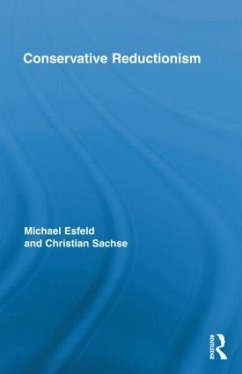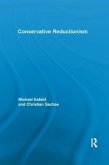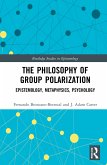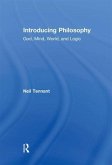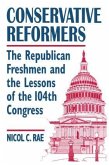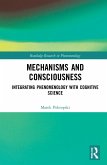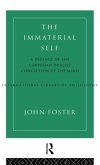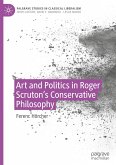Conservative Reductionism sets out a new theory of the relationship between physics and the special sciences within the framework of functionalism. It argues that it is wrong-headed to conceive an opposition between functional and physical properties (or functional and physical descriptions, respectively) and to build an anti-reductionist argument on multiple realization. By contrast, (a) all properties that there are in the world, including the physical ones, are functional properties in the sense of being causal properties, and (b) all true descriptions (laws, theories) that the special sciences propose can in principle be reduced to physical descriptions (laws, theories) by means of functional reduction, despite multiple realization. The book develops arguments for (a) from the metaphysics of properties and the philosophy of physics. These arguments lead to a conservative ontological reductionism. It then develops functional reduction into a fully-fledged, conservative theory reduction by means of introducing functional sub-types that are coextensive with physical types, illustrating that conservative reductionism by means of case studies from biology (notably the relationship between classical and molecular genetics).
Hinweis: Dieser Artikel kann nur an eine deutsche Lieferadresse ausgeliefert werden.
Hinweis: Dieser Artikel kann nur an eine deutsche Lieferadresse ausgeliefert werden.

